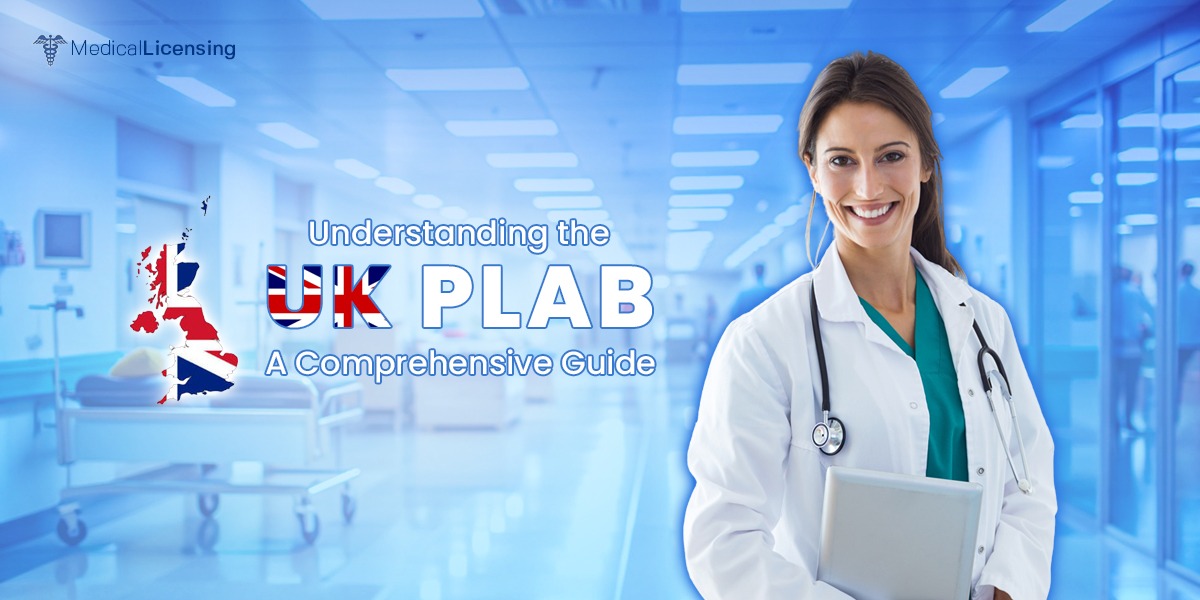Here are some common concerns and frequently asked questions (FAQs) regarding the UKMLA that you can address in your blog
Introduction:
Here are some common concerns and frequently asked questions
(FAQs) regarding the UKMLA that you can address in your blog:
1. What is the purpose of the UKMLA, and why was it introduced?
- Discuss the reasons behind the introduction of
the UKMLA, including the need for a standardized assessment to ensure the
competence and professionalism of medical graduates
- Explain how the UKMLA aims to maintain high
standards of medical practice and enhance patient safety
2. Is the UKMLA mandatory for all medical
students in the UK?
- Clarify whether the UKMLA is a mandatory
requirement for all medical students in the UK
- Explain any exceptions or specific
circumstances that may exempt certain individuals from taking the assessment
3. How does the UKMLA differ from previous assessments, such as
the PLAB or MRCP exams?
- Highlight the differences between the UKMLA
and other assessments, such as the Professional and Linguistic Assessments
Board (PLAB) or Membership of the Royal Colleges of Physicians (MRCP) exams
- Discuss how the UKMLA focuses on assessing a
broader range of competencies, including clinical and professional skills
4. What is the structure and format of the UKMLA?
- Provide an overview of the two-part structure
of the UKMLA, including Part 1 (Knowledge Assessment) and Part 2 (Clinical and
Professional Skills Assessment)
- Explain the format of each part, such as
multiple-choice questions for Part 1 and practical assessments or simulations
for Part 2
5. How should I prepare for the UKMLA?
- Offer guidance on creating a study plan,
setting realistic goals, and utilizing appropriate study resources
- Provide tips for effective revision, including
practising with past papers, utilizing online resources, and seeking guidance
from tutors or mentors
6. Are there any specific topics or areas I should focus on for
the UKMLA?
- Discuss the broad range of topics that may be
covered in the UKMLA, such as anatomy, physiology, pharmacology, ethics, and
communication skills
- Emphasize the importance of having a
well-rounded understanding of medical sciences, clinical reasoning, and
professional attributes
7. How can I manage exam-related stress and anxiety during the
UKMLA?
- Provide advice on coping with exam-related
stress, such as practising relaxation techniques, maintaining a healthy
lifestyle, and seeking support from peers or professionals
- Highlight the importance of self-care and
stress management to ensure optimal performance during the assessment
8. What are the implications of UKMLA results for my future
career?
- Discuss how UKMLA results may impact postgraduate training
program selection and speciality choice
- Explain how strong performance in the UKMLA
can enhance career prospects and contribute to professional development
Conclusion:
- Summarize the main concerns and FAQs addressed in the blog post,
providing answers and guidance to medical students preparing for the UKMLA.
- Encourage students to stay informed, seek support when needed,
and approach the UKMLA with confidence, knowing that they have the resources
and knowledge to succeed.
Tags: UKMLA,
MedicalLicensingAssessment, MedicalStudents, ExamPreparation, MedicalEducation,
Professionalism, PatientSafety, StudyTips, AssessmentStructure, ClinicalSkills,
KnowledgeAssessment, CareerDevelopment, StressManagement, UKMedicalCouncil,
PostgraduateTraining, SpecialtyChoice




